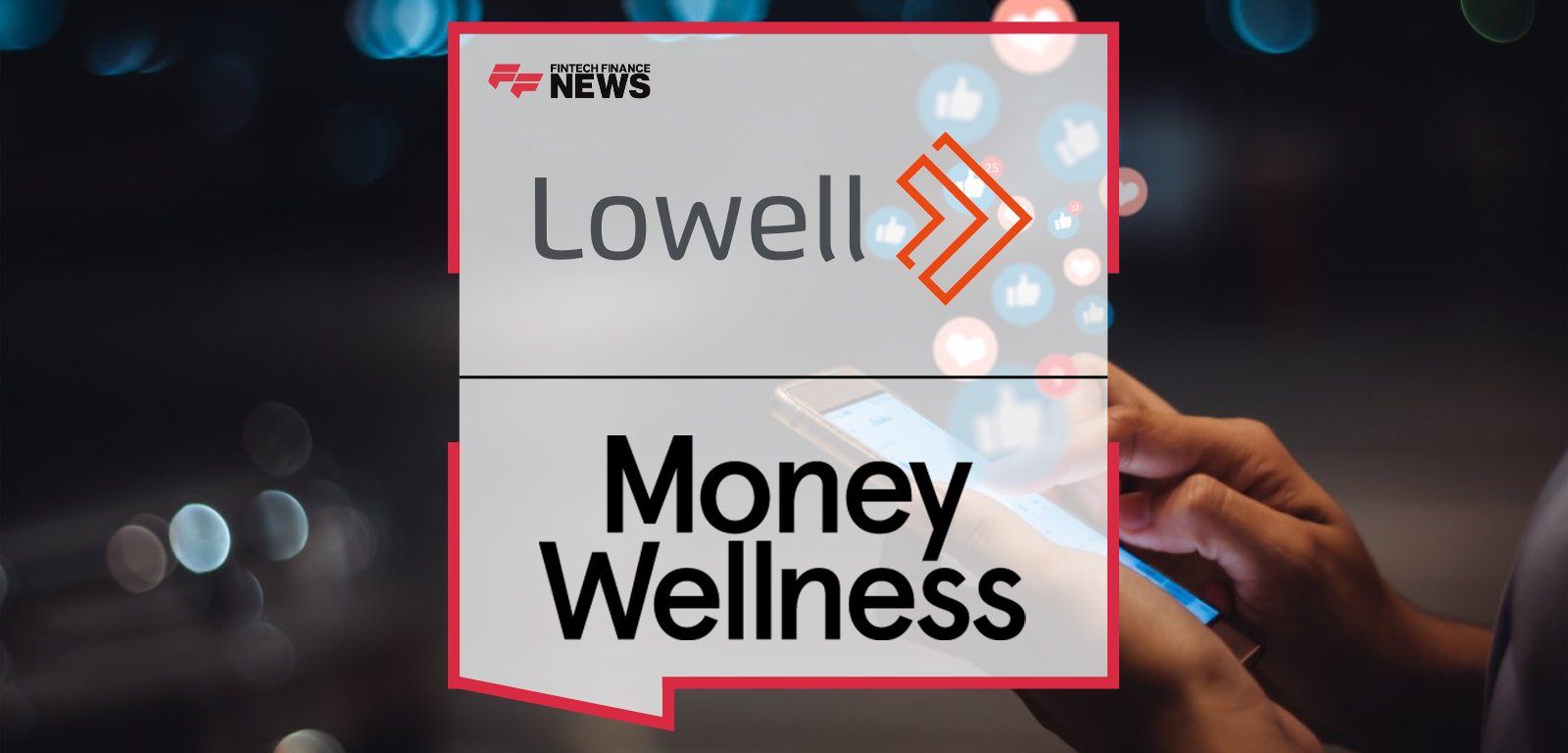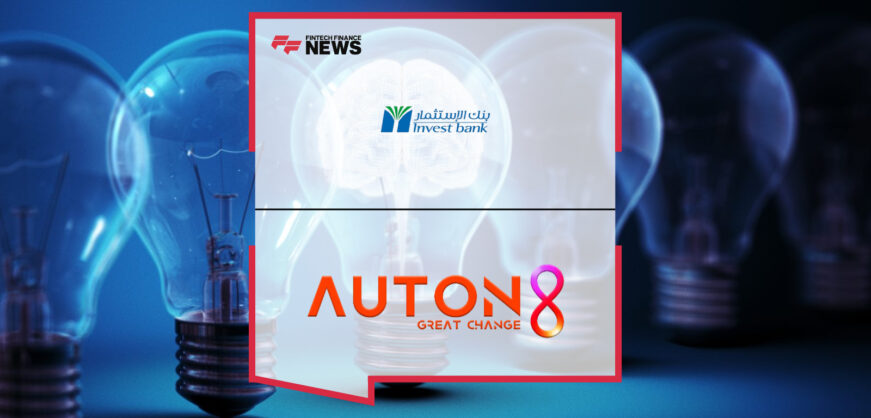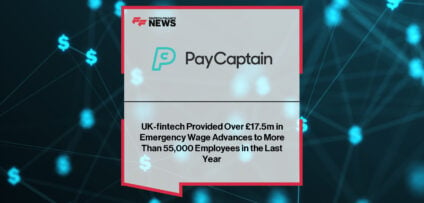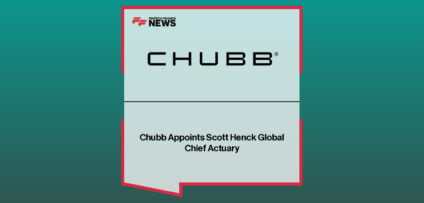Breaking News

A Quarter of Debt Advice on Social Media Promote Products or Services
Social media has become the go-to place for quick financial fixes, but new research reveals just how dangerous debt advice on social media can be.
A joint study from credit management company Lowell and free debt advice provider Money Wellness found that almost two-thirds (64.22%) of debt advice circulating on TikTok, Facebook, and Reddit is misleading, while an overwhelming 98.27% is unreliable.
With over 10.1 million people in the UK currently over-indebted (FCA Credit & Loans survey), many turn to online communities for support. But according to the study, the loudest voices in debt advice on social media can leave vulnerable people at risk of worsening their financial difficulties.
Misleading debt advice doesn’t stay hidden in small corners of the internet, it spreads quickly across huge online communities. UK finance subreddits attract up to 1.8 million members, Facebook support groups draw in tens of thousands, and TikTok hashtags like #debtfree appears in hundreds of thousands of posts. With audiences this large and platforms that reward engagement over accuracy, even a single unverified tip can reach millions in minutes.
Worryingly, the study also discovered that a lot of debt advice had a commercial angle as 23.96% promoted a specific product or service from recommending specific 0% credit card accounts to certain YouTubers. Some advice even went as far as to promote their own services as unofficial “financial advisors” promising to “clear debts”. Not all of these services were recommended with ill intent as many simply reflected what had worked for others.
When it came to practical strategies for getting out of debt, 64.22% of the advice offered was overly generic, lacking any consideration for individual circumstances. These strategies could look like someone suggesting they consolidate loans to one 0% credit card, “just budgeting better,” or seek a financial service such as an IVA or bankruptcy.
Almost two thirds of advice (62.79%) gave real ways to deal with debt without showing the potential downsides, costs, or long-term consequences. For example, although many people advised an IVA as a way to “wipe debt”, it failed to mention that those who took this route may end up paying added fees and negatively affect their credit score.
28.75% of advice promised unrealistic outcomes such as specific but extreme timeframes (“in 7 days,” “in one month”) or used language such as “guaranteed” or “no matter your situation”. This kind of wording gives people false hope that debt problems can be solved quickly and easily, which can delay them from seeking realistic solutions.
98.27% of debt advice was given by someone with no visible credentials or experience. This meant that their advice couldn’t be verified and therefore could be wholly inaccurate. The study also found that 93.99% of debt advice lacked a financial disclaimer, while a staggering 93.99% of debt-related content cites no third-party sources, meaning audiences may treat anecdotal or personal experiences as universally applicable or expert-backed.
Matthew Sheeran, Debt Advice Specialist at Money Wellness, provides expert advice on how to spot bad debt advice:
“Bad debt advice can be devastating. It’s like being scammed. People often feel embarrassed about taking bad advice, and this can prevent them from seeking professional help—which only deepens their financial struggles.
“Always start with regulated, impartial services. In the UK, there are several organisations providing free, regulated advice and solutions. Official government websites like MoneyHelper are also a great place to start as they have a list of reputable free debt advice providers. If you’ve found another advice provider that’s not listed on there, you should check their credentials and regulation status on the FCA Register.
“You need to look for organisations that are FCA regulated and can demonstrate experience in debt advice. Qualified advisers will provide personalised guidance, explain risks clearly and won’t pressure you to make hasty decisions. They’re also non-judgemental and confidential, so you shouldn’t feel ashamed or embarrassed about sharing your problems.
“Also, look for reviews or testimonials to make sure you can trust the source. Remember to be wary of promises that sound too good to be true – and avoid advice that pushes you to act urgently.”
People In This Post
- Bluefin and Basis Theory Partner to Enable Unified Tokenization Across Digital and In-Person Payments Read more
- Invest Bank and AUTON8 Build Partnership to Drive Digital Resilience and Banking Agility Read more
- ING’s AI Roadmap: Platform, People, and Agentic AI Read more
- UK-fintech Provided Over £17.5m in Emergency Wage Advances to More Than 55,000 Employees in the Last Year Read more
- TreviPay Announces AI-Powered Growth Center to Help Enterprises Predict Buyer Behavior and Drive B2B Sales Read more


















